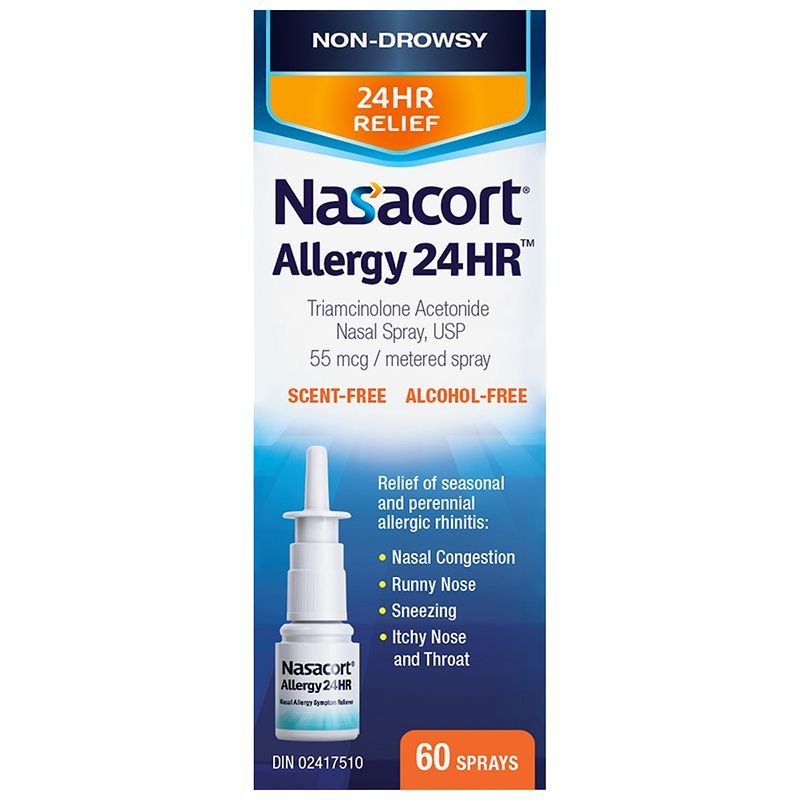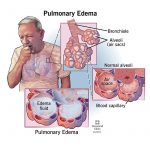
Nasal Allergy Medications
Although avoidance measures are not always enough to manage nasal allergies (allergic rhinitis), antihistamines with or without decongestants can provide relief. Over-the-counter (OTC) drugs are usually the first step in self-medication, but they are inadequate for treating intense nasal inflammation. In these cases, anti-inflammatory medications like intra-nasal steroid sprays are necessary.
Combining an antihistamine (with or without a decongestant) with a topical nasal steroid spray can provide good relief with minimal side effects. There are other types of medications used to treat nasal allergies, such as leukotriene receptor antagonists, cromolyns, and anticholinergic agents. The following article provides more detailed information about these medication types and their role in the treatment of nasal allergy.
Contents
QUESTION
Nasal allergy symptoms: an overview of treatments
This is a simplified overview of nasal allergy symptoms and the treatment(s) used to reduce or stop these symptoms.
| Sneezing, runny nose, itchy nose/throat | Antihistamine |
| Stuffy nose | Decongestant |
| Combinations of sneezing, runny nose, itchy nose/throat, and stuffy nose | Antihistamine plus decongestant. For more severe symptoms, steroids, cromolyn, or anticholinergic agents may be added. |
The above table shows the overview of treatments. The following sections provide additional information about these treatment types and helps explain the details about these treatments.
What’s the difference between a controller and a reliever?
Throughout this section on nasal allergy management, the various treatments will be referred to as "controllers" or "relievers" of symptoms. Controllers prevent symptoms by interfering with the underlying causes of inflammation or the actions of chemical mediators. Examples include drugs that block histamine, prevent mast cells from releasing chemicals, or reduce inflammation from an allergic reaction. Relievers alleviate symptoms without affecting inflammation, providing only temporary relief. Examples include drugs that constrict blood vessels or reduce mucous production.
What are antihistamines?
Antihistamines are drugs that prevent histamine, a naturally occurring chemical involved in allergic reactions, from binding to histamine receptors. By competing with histamine for these receptors, antihistamines prevent the activation of cells that cause allergic symptoms.
Antihistamines are effective in treating sneezing, post-nasal drip, and itching, but they are only partial relief. They can cause side effects like drowsiness and reduced mental alertness, particularly in older generation antihistamines.
What are decongestants?
Nasal congestion occurs as a result of swelling of the nasal membranes. Antihistamines are not very helpful for treating nasal congestion, so decongestants can be a useful addition. Decongestants help reduce the swelling of the nasal membranes, providing relief from the blocked or stuffy nose.


